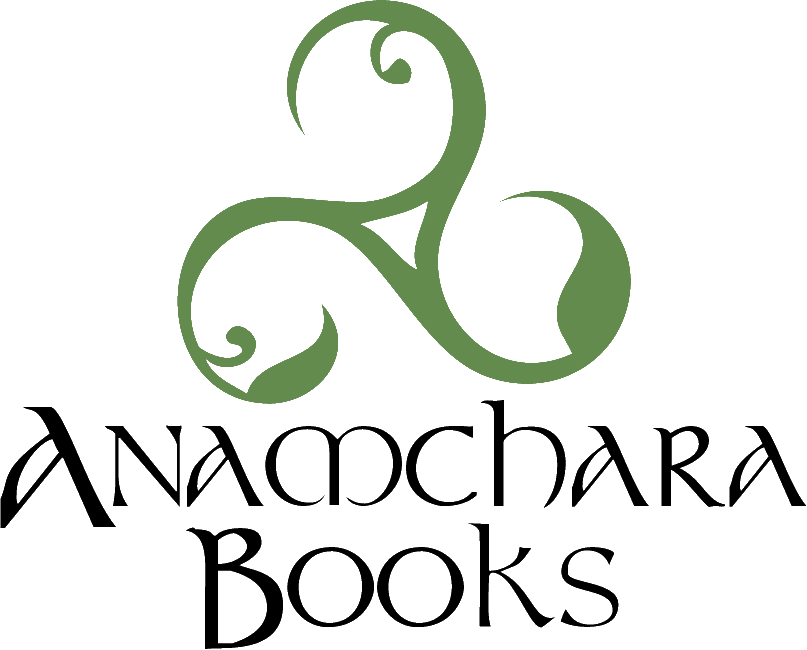Pregnant with Creation by Ellyn Sanna
/One of the books I've been reading in the morning before my workday is Green Man, Earth Angel by Tom Cheetham. The title of the book is a bit misleading, I think, to those of us who are familiar with the "Green Man"—or foliate head—of Celtic mythology. This isn't the Green Man Cheetham is talking about (although the connections between his ideas and the Celtic Green Man intrigue me).
Instead, Cheetham explores the central role of imagination, not only in human meaning but in creating and interacting with meaning in the universe. The human and natural worlds, he says, are part of a vast living network—and the material and spiritual worlds are inextricably interconnected. If human language is experienced as a subset of a vastly more-than-human whole, as Cheetham believes, then it is not only humans who speak but also the world with all its creatures, all part of an ongoing Divine conversation. If humans' creative imaginations are part of this greater conversation, then language used creatively has power to transform both the human soul and the soul of the world itself (echoing Wittgenstein, but at a deeper, more spiritual level). Cheetham's central metaphor for this is Khidr, the "Green One" or "Verdant One" of Muslim tradition.
I have fallen a little in love with Khidr, the Green One. He fascinates me, makes me want to learn more, read more about him. I want to follow his trail, make connections, explore his Mystery. He makes me want to write stories about him. He is paradoxical and intriguing, and he makes me laugh.
The early interpreters of the Qur'an thought of him as a living and yet mystical person who by his very presence revives, regenerates, and makes things green. When he walks across bare ground, green plants sprout from the dust and grow. He can find water beneath the ground, he can speak the language of all peoples, and he can make himself invisible at will. Among the Syrians, Khidr is considered to be "He Who Walks in the Seas," the patron saint of the sea. He is a mediator between land and water, the reconciler of opposites who leads human beings on the spiritual journey through the physical world. He's also called the "Hidden Prophet," a fertility trickster (a little like Kokopelli) who reveals himself to us suddenly in the midst of life, in shock, outrage, or laughter—or all three at once—showing us new possibilities where we were previously blind.
Sufis believe he exists as a real, flesh-and-blood human being who never dies, one whom many have encountered at pivotal moments in their spiritual lives. In fact, all of us, say the Sufis, are destined to meet Khidr—in the flesh—at least once in our lives, whether we know it or not. As he wanders through the world, never contained by one tradition or belief, he always reveals the Divine Light shining green through creation, the Water of Life spilling out of everyday life.
From a Christian perspective, Khidr is not a Christ figure, though he is like Christ in many ways. To me, he seems to be the "New Christ"—the potential for each of us, as human beings, to be Christ, bringing new life to the world, being life. Always, says Cheetham, Khidr shows us that each moment of life—this moment of life, right this instant—is pregnant with creation.
Ellyn Sanna is Executive Editor of Anamchara Books and author of numerous books on spirituality including All Shall Be Well: A Modern-Language Version of the Revelation of Julian of Norwich.



